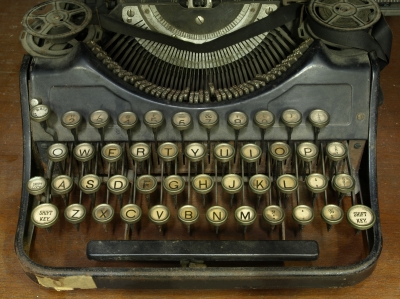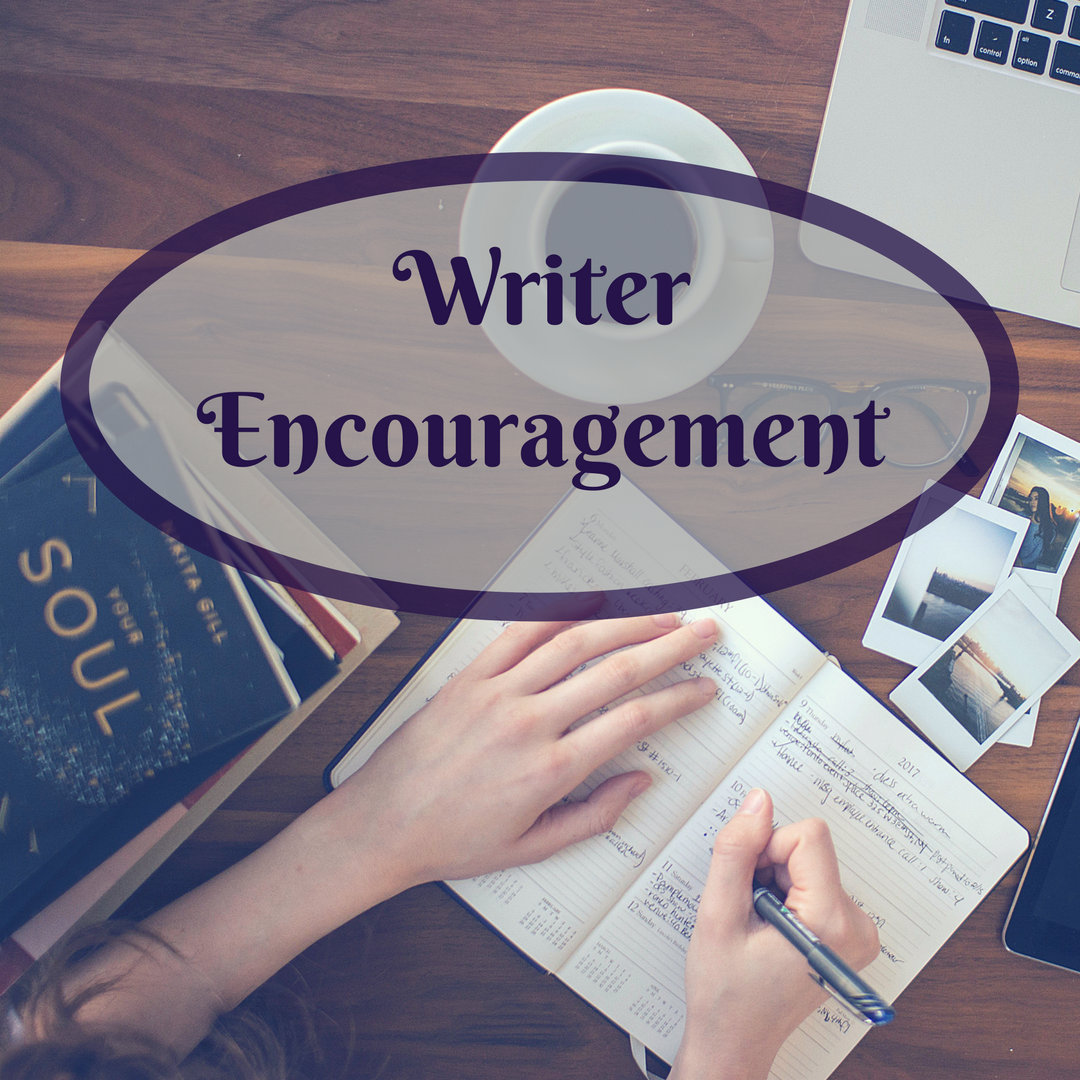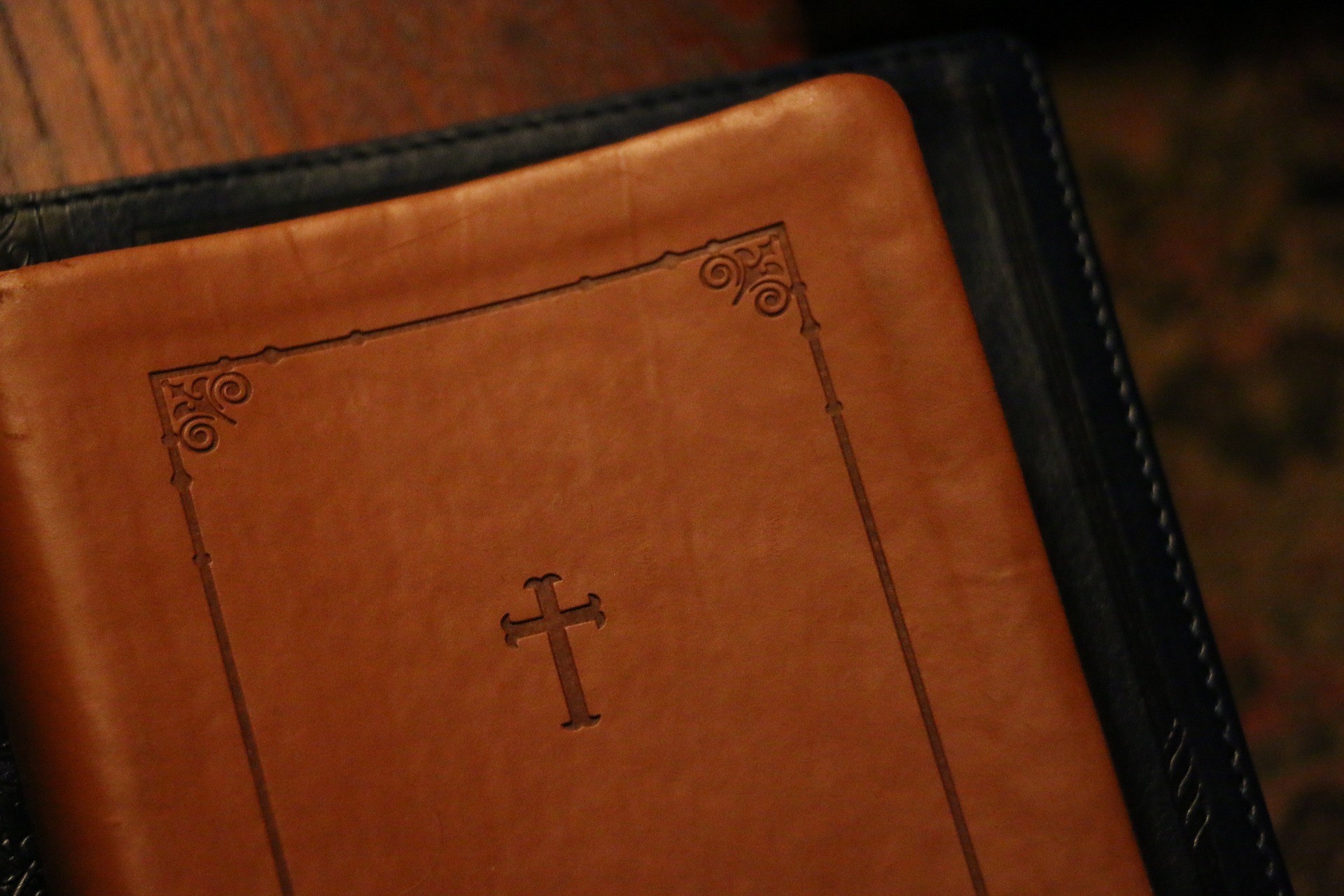Writers who listen are writers who learn. If we’re so busy pitching our ideas and promoting our writing agenda, we’ll turn into writers without a clue. And likely, writers without a contract for publication.
Years ago, I was a nursing student and one of my classes was entitled “Therapeutic Conversation.”
The title sounded ridiculous but it was anything but that. It taught me how to really listen to what a patient says, as well as observe their body language and facial expressions. The class coached us in how to rephrase what the person said back to them to be certain we understood their meaning. It forced us to listen, rather than speak all the time.
The biggest thing I learned from that class was how much I talk. That was humbling. I like hearing what I have to say, it seems. But I quickly was educated in the importance of really listening to my patients so I could be a better caregiver of their needs.
I also realized that this can carry over into every area of my life to improve communication with family and friends. It can also carry over into communication with other writers and editors, publishers and agents.
Often I hear other writers express concern for what they will say at writer’s conferences, especially if it’s there first conference. If they ask me for advice, I encourage them to keep their introductions simple, their words few and their ears OPEN.
It seems we live in a society of talkers. National news interviews and reality TV shows are flooded with talk—and plenty of it. People are talking over people, expressing their thoughts and ideas without a concern for what the other person is trying to say. It gets downright annoying and you come away thinking, did anything get resolved? Did anyone learn anything?
That’s how I perceive some writers I’ve observed who attend sessions with potential mentors—editors and more experienced writers. These fledgling writers talk much, listen little—and already have all the answers. Or so they think.
The way to a potential relationship with an editor or publisher is to listen and learn. Ask questions but hear the answers. In this world of chatter, it can be hard to focus. But for the serious writer seeking publication, wisdom is in the words of the more experienced. I’d encourage some therapeutic listening.
[bctt tweet=”Fledgling writers talk much, listen little #writers #writetips” via=”no”]
Typewriter image courtesy of Thaikrit through FreeDigitalPhotos.com
Image of woman courtesy of Stock Images through FreeDigitalPhotos.com








8 Comments
Wow, I was just telling my sister that I am going to query a magazine about this very topic. I teach Active Listening. I was a horrible listener. I am still learning how to listen. I have even incorporated it in a book about love. Thank you for the reminder.
I think it’s a problem for many, Cherilynn, including me! We’d all prefer to listen to ourselves speak, yet the value of the words from others who have much to teach us is priceless. Being an active listener is an underrated art. Thanks for commenting!
The key to learning how to write (and learning in general) is listening. Good reminder.
Yes, and as time goes on, I seem to listen more and speak less, while writing more! Perhaps there is a connection. 😉 Thanks for stopping by, Alex!
I’ve had to learn that I talk more than I listen…and often have to remind myself of that lesson! Thankfully I’m continuing to learn the value of listening and learning to enjoy it more too! 🙂
Listening really is enjoyable, isn’t it, Holly? I’ve gleaned lots of wisdom from others and pray I can continue to keep my ears open—and my mouth shut! 🙂
Thank you Elaine for sharing such great wisdom. Timely silence and active listening yield a stream of wisdom. It also allows reflection. Best regards.
Thank you and yes, reflection allows the teachings of others to really sink in. Thanks for commenting. 🙂